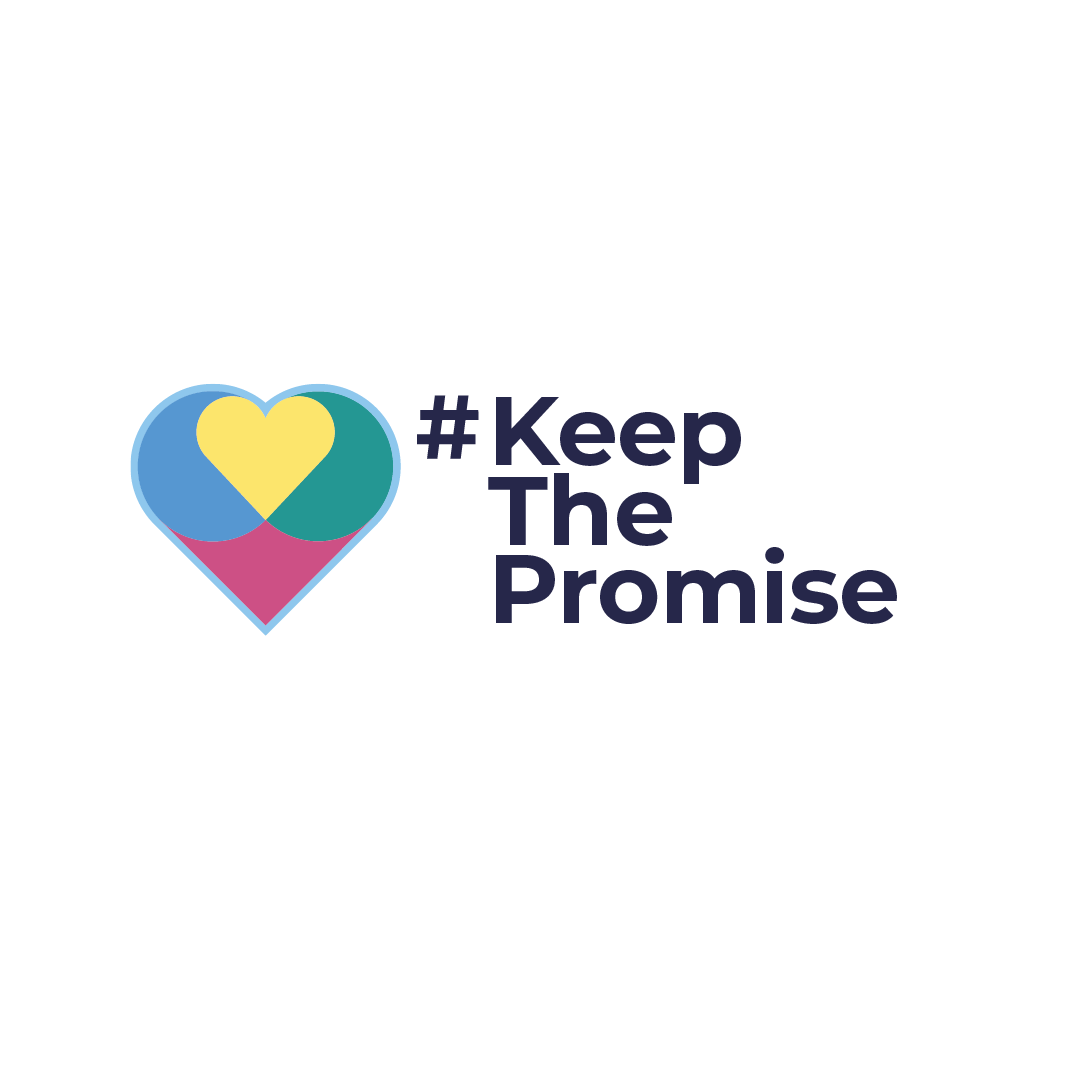Fire-retardant relationships
By Karen Holford, Family Ministries Director for the Trans-European Division

I work as an international trainer in families and healthy relationships for a charity. Last summer I was involved in two projects to reduce risky behaviours in teenagers and young adults in Albania and Lithuania. We gathered 80-100 young people to do lots of fun and positive things together. We focused on forming healthy relationships, developing healthy lifestyles, enjoying screen-free activities together, and looking after each other’s well-being.
In each country the young people wanted me to help them have less conflicts. I was desperately trying to remember everything I’d learnt from all those brilliant SCCR training days and conferences!
I didn’t know much about their cultures, and I wanted to learn. So, I asked them to talk in pairs and list at least 5 things people did and said that almost always made an argument worse.
When they put all their ideas together, they had named loads of things people do that usually add fuel to an argument and make it worse. Blaming each other, not listening, shouting, walking away, insulting the other person, choosing the wrong time to talk, trying to force the other person to do what you want…They knew it all. I asked them to figure out which one they were most likely to do, come up with a plan for doing something different next time an argument was about to ignite, and to experiment with peaceful tactics.
Then I asked them to think about a relationship where they didn’t argue quite so much. What did they think was different about their more peaceful relationships? Long pause…That was a bit harder. Ok. Just think of one reason why you think you don’t argue so much. “I don’t want to hurt the relationship.” “I respect my mate, and he respects me.” “We really care for each other.” “My mum always says thank you whenever I help her, and I feel she appreciates me. It’s harder to argue when she’s so kind.” “My friend really listens to me and wants to know how I am feeling.” “My dad notices when I’m sad or angry or something, and he gets me to talk about it. And when I’m talking I kind of figure things out without arguing.”
Ideas started to flow, and we gathered them into categories. Respect. Kindness and love. Listening instead of criticizing. Being supported and helped. Being understood. Being appreciated in everyday ways. Looking for win-win solutions rather than wanting their own way all the time. Then they thought of lots of practical things they could do in these categories to try and have less conflicts.
Recent research backs up their great ideas. Empathy, kindness, gratitude and helpfulness are like relational fire retardants that help to reduce our conflicts. Mostly because we feel cared for and appreciated.
What are you most likely to do to ignite an argument? What could you do differently next time? And what care could you invest in your relationships that might lower your risk of a blazing row?





